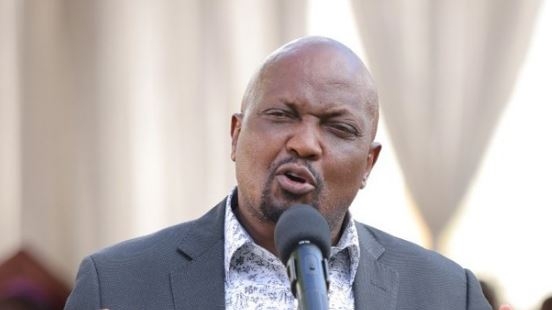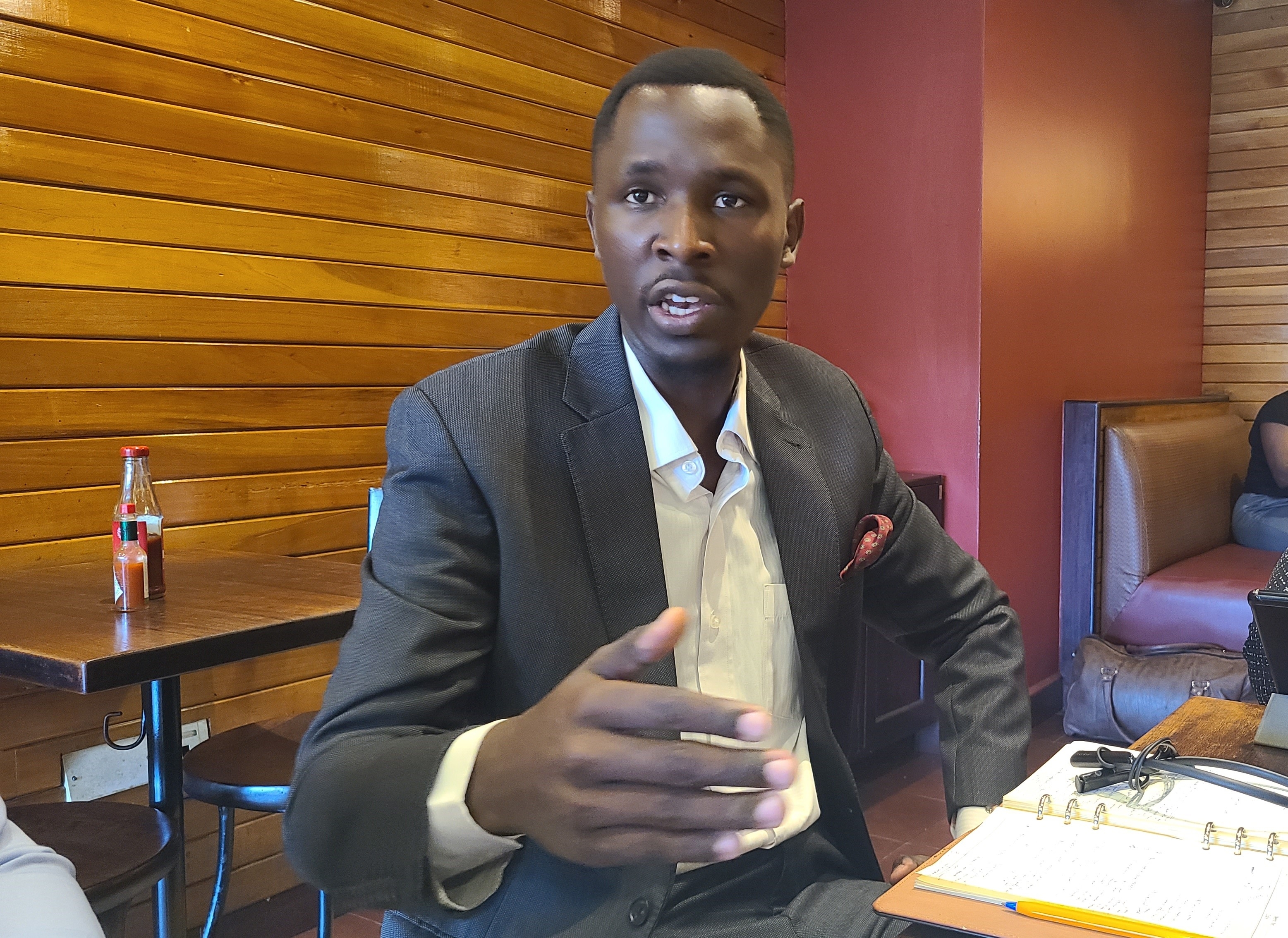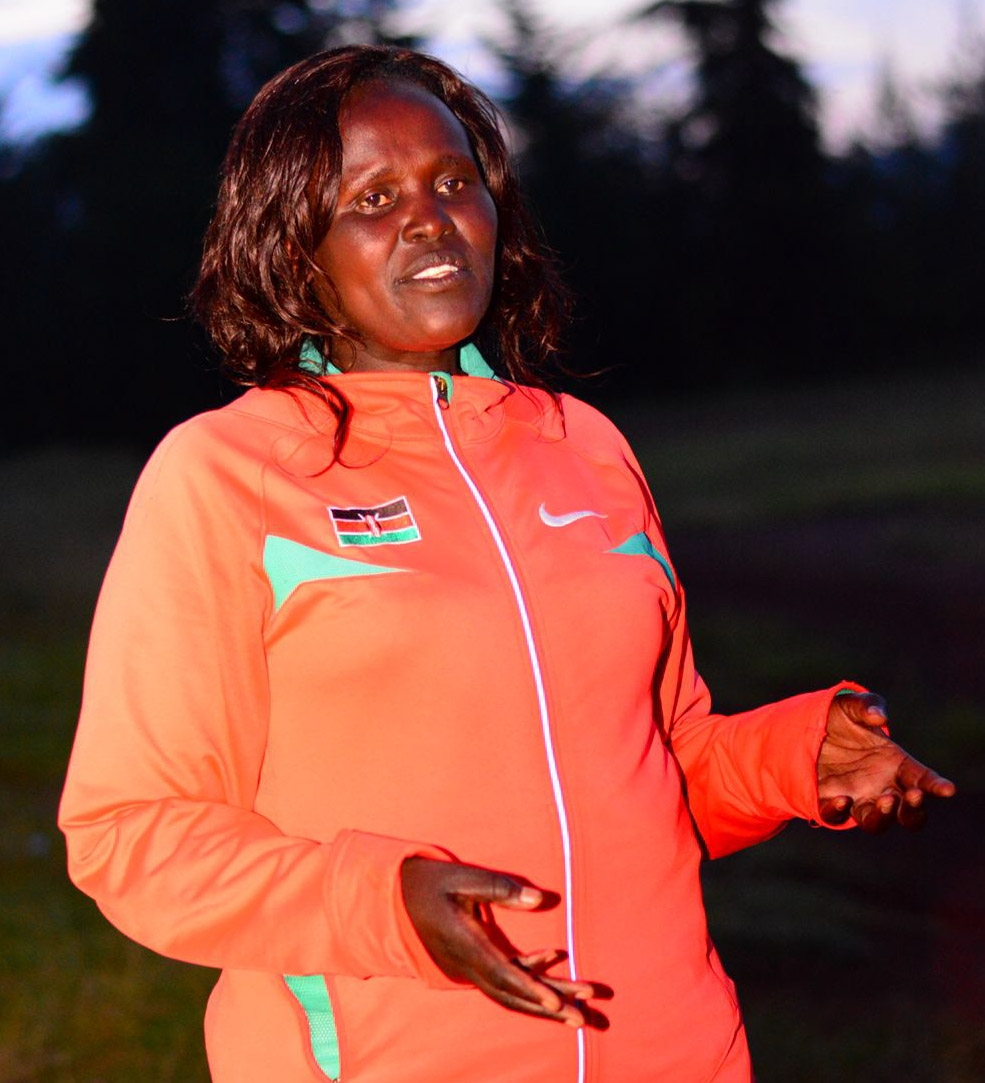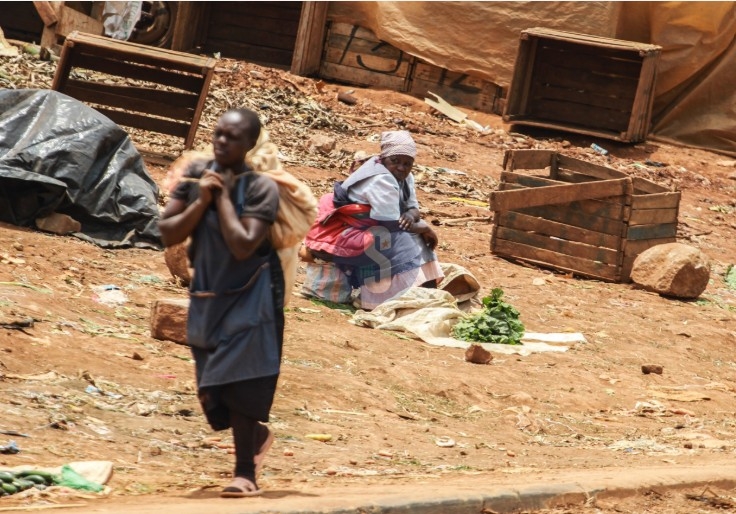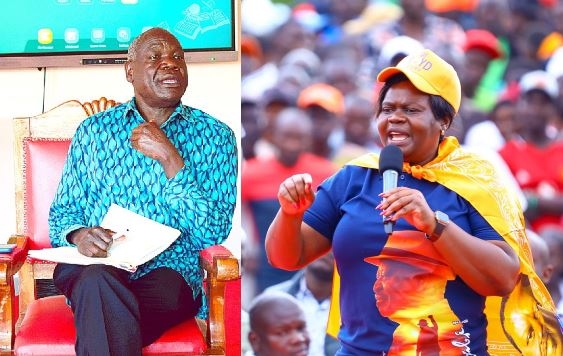The Betting Control and Licensing Board (BCLB) has dismissed reports that Kenyans spent Sh766 billion on betting and gambling activities.
BCLB chairperson Jane Makau said the sensational figure inaccurately
inflates the size of the regulated market, likely by including offshore
(unlicensed) platforms.
“This misleads policymakers and the public on the economic
reality of licensed operators. In fact, taxes related to the gambling sector
(gaming and betting, excise duty on stakes and withholding tax on winnings)
totalled Sh22.3 billion in FY 2023/2024,” she explained.
She highlighted that the Sh766 billion reported is roughly
equivalent to 31 per cent of national revenue.
In a statement, Makau said betting and gambling activities
are projected to generate Sh20 billion in 2025.
Makau said the amount includes excise duty, withholding tax,
and betting and gaming tax.
“It reflects robust but regulated growth. These figures underscore both the popularity
of licensed gambling and the critical imperative for continued strong
oversight,” she said.
Makau added that the oversight is set to be strengthened by passing
into law of the Gambling Control Bill, 2023, which is in the legislative process.
She further noted that the industry directly employs over
10,000 Kenyans, supports over 500,000
livelihoods indirectly, and contributes substantial amounts to community
projects under corporate social responsibility (CSR).
Makau noted that most sports bettors use smartphones,
making online platforms the predominant channel.
She said the board has organised public sensitisation campaigns
in recognition that gambling is a demerit good.
“This nationwide civic education will continue through
county workshops, media talk shows, school programs, and media to further
highlight the risks of problem gambling,” she added.
She further said the board is deploying advanced technology
to monitor licensed operators in real-time, detect unlicensed sites, and
implement swift administrative and regulatory sanctions.
“The current gaming activities demand a united, multi‑sectoral response. This calls for continued industry collaboration, legislative reform, and public education. The Board and its partners are committed to protecting vulnerable Kenyans and preserving the social and economic health of our communities,” she stated.




